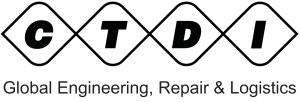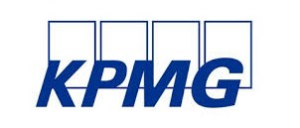What should we focus on regarding emission allowances at the end of the accounting period?
27.10.2009Company: Amcham
The end of the calendar year is coming…and so is the end of the accounting period for many entities. When preparing financial statements, it is necessary to pay attention to the individual sections, and treat them accordingly.
 As regards emission allowances - which are reported as intangible fixed assets in the Czech accounting legislation (regardless of whether an entity uses them to cover its own need for emission allowances or trades them) - many circumstances appear that must be taken into account and, if necessary, reported in the company's accounting.
As regards emission allowances - which are reported as intangible fixed assets in the Czech accounting legislation (regardless of whether an entity uses them to cover its own need for emission allowances or trades them) - many circumstances appear that must be taken into account and, if necessary, reported in the company's accounting.
At the end of the accounting period we recommend focussing on the following questions and facts:
Does the company have enough emission allowances to cover its needs during the accounting period? If not, an estimate of missing emission allowances must be made, using fair market prices as of the date of the financial statements.
Has the company recognised emission allowances which were not used in a given accounting period as costs?
Has the company recognised the grant related to allocated emission allowances which were used to cover its own needs as income?
Emission allowances which remain recognised in the intangible fixed asset account, and purchased in a foreign currency, shall not be revalued.
Emission allowances which were purchased, and not allocated, must be assessed considering any impairment. Such impairment must then be shown as accumulated amortisation.
Does the company have special emission allowance contracts, e.g. contracts for the future purchase of allowances, or the exchange of emission allowances for CER and ERU units from the Kyoto Protocol's project mechanisms, etc.? If so, an end of year evaluation must show how these contracts will be recognised, and whether or not they contain a derivative; quite a complex decision-making process in this field.
We will be pleased to answer any questions you may have on these issues.
Hana GREGÁSOVÁ, Manager, TACOMA audit
Tel: +420 226 219 000
E-mail: hana.gregasova@tacoma.eu
www.tacoma.eu


 As regards emission allowances - which are reported as intangible fixed assets in the Czech accounting legislation (regardless of whether an entity uses them to cover its own need for emission allowances or trades them) - many circumstances appear that must be taken into account and, if necessary, reported in the company's accounting.
As regards emission allowances - which are reported as intangible fixed assets in the Czech accounting legislation (regardless of whether an entity uses them to cover its own need for emission allowances or trades them) - many circumstances appear that must be taken into account and, if necessary, reported in the company's accounting.




